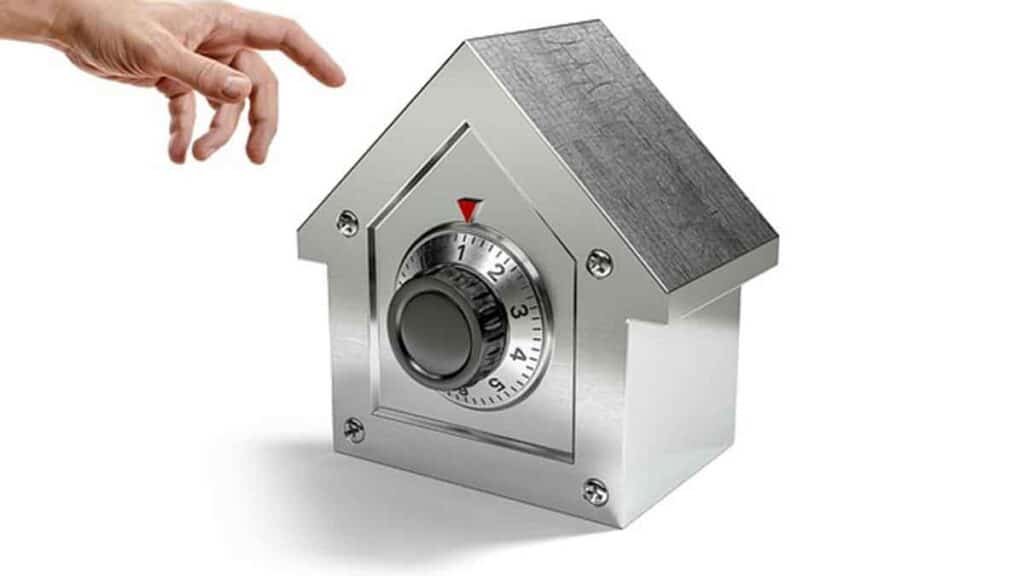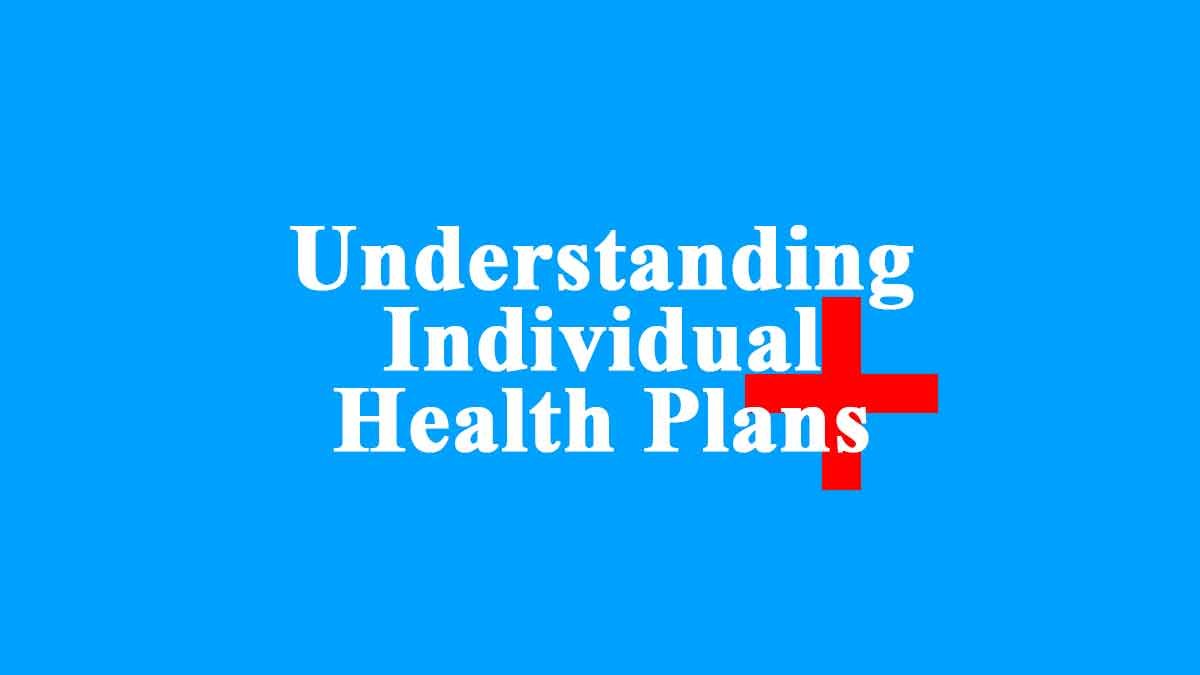Home Insurance: Protecting Your Haven
Introduction
When it comes to safeguarding your most valuable investment, nothing beats the peace of mind that a robust home insurance policy provides. In this comprehensive guide, we will delve into the intricacies of home insurance, ensuring you understand the nitty-gritty details that can protect your haven. From the basics of coverage to understanding the different policy types, we’ve got you covered.
Table of Contents
The Importance of Home Insurance
Why You Need Home Insurance
Home insurance is not just a formality; it’s a necessity. Your home is more than just a place to hang your hat; it’s a repository of cherished memories and your most significant financial asset. Home insurance acts as a safety net, shielding you from unforeseen disasters and financial setbacks.
Protecting Your Investment
Owning a home is a significant financial commitment. Home insurance ensures that your investment is protected against a range of risks, including natural disasters, theft, and accidents. Without it, you could be left with crippling repair or replacement costs.
Types of Home Insurance Policies
Dwelling Coverage
Dwelling coverage is the backbone of your home insurance policy. It covers the physical structure of your home, including the walls, roof, foundation, and built-in appliances. Understanding the limits and exclusions of your dwelling coverage is crucial to ensure you’re adequately protected.
Personal Property Coverage
Your personal belongings are just as important as the structure itself. Personal property coverage safeguards your furniture, electronics, clothing, and other valuables from theft, damage, or loss. Be sure to take inventory and understand your policy’s limits on personal property.
Liability Coverage
Liability coverage steps in when accidents happen on your property. Whether it’s a slip and fall or a pet-related incident, this coverage can protect you from legal and medical expenses that may arise due to injuries sustained on your property.
Factors Affecting Home Insurance Premiums
Location Matters
The location of your home plays a significant role in determining your insurance premiums. Homes in areas prone to natural disasters, such as hurricanes or wildfires, may have higher premiums. Conversely, homes in low-crime neighborhoods often enjoy lower rates.
Home Security

Investing in security measures like alarms and deadbolt locks can lead to premium discounts. Insurance companies reward homeowners who take proactive steps to safeguard their homes.
Credit Score
Surprisingly, your credit score can influence your home insurance premiums. Maintaining a good credit score demonstrates financial responsibility and can lead to lower rates.
Tips for Saving on Home Insurance
Bundle Your Policies
Consider bundling your home insurance with other policies like auto insurance. Insurance companies often offer discounts for multiple policyholders.
Raise Your Deductible
Opting for a higher deductible can lower your premiums. Just be sure you can comfortably cover the deductible if a claim arises.
Regularly Review Your Policy
Life changes, and so should your insurance policy. Regularly review and update your coverage to ensure it aligns with your current needs and circumstances.
Conclusion
Home insurance is more than just a piece of paper; it’s your safety net in times of uncertainty. By understanding the various facets of home insurance, you can make informed decisions to protect your haven. Don’t wait until disaster strikes; invest in a comprehensive home insurance policy today.
FAQs
What does home insurance typically cover?
Home insurance typically covers the structure of your home, personal belongings, liability protection, and additional living expenses in case of displacement due to covered events.
Is home insurance mandatory?
Home insurance is not legally mandatory, but if you have a mortgage, your lender will likely require it. Even without a mortgage, having home insurance is highly advisable to protect your investment.
How can I lower my home insurance premiums?
You can lower your home insurance premiums by bundling policies, increasing your deductible, and maintaining a good credit score. Regularly reviewing your policy can also help you find potential savings.
What is the difference between actual cash value and replacement cost coverage?
Actual cash value coverage reimburses you for the depreciated value of damaged or stolen items, while replacement cost coverage covers the cost of replacing those items with new ones.
Can I change my home insurance policy during the policy term?
Yes, you can usually make changes to your home insurance policy during the term. However, it’s essential to consult with your insurance provider to understand any potential impacts on your coverage and premiums.





